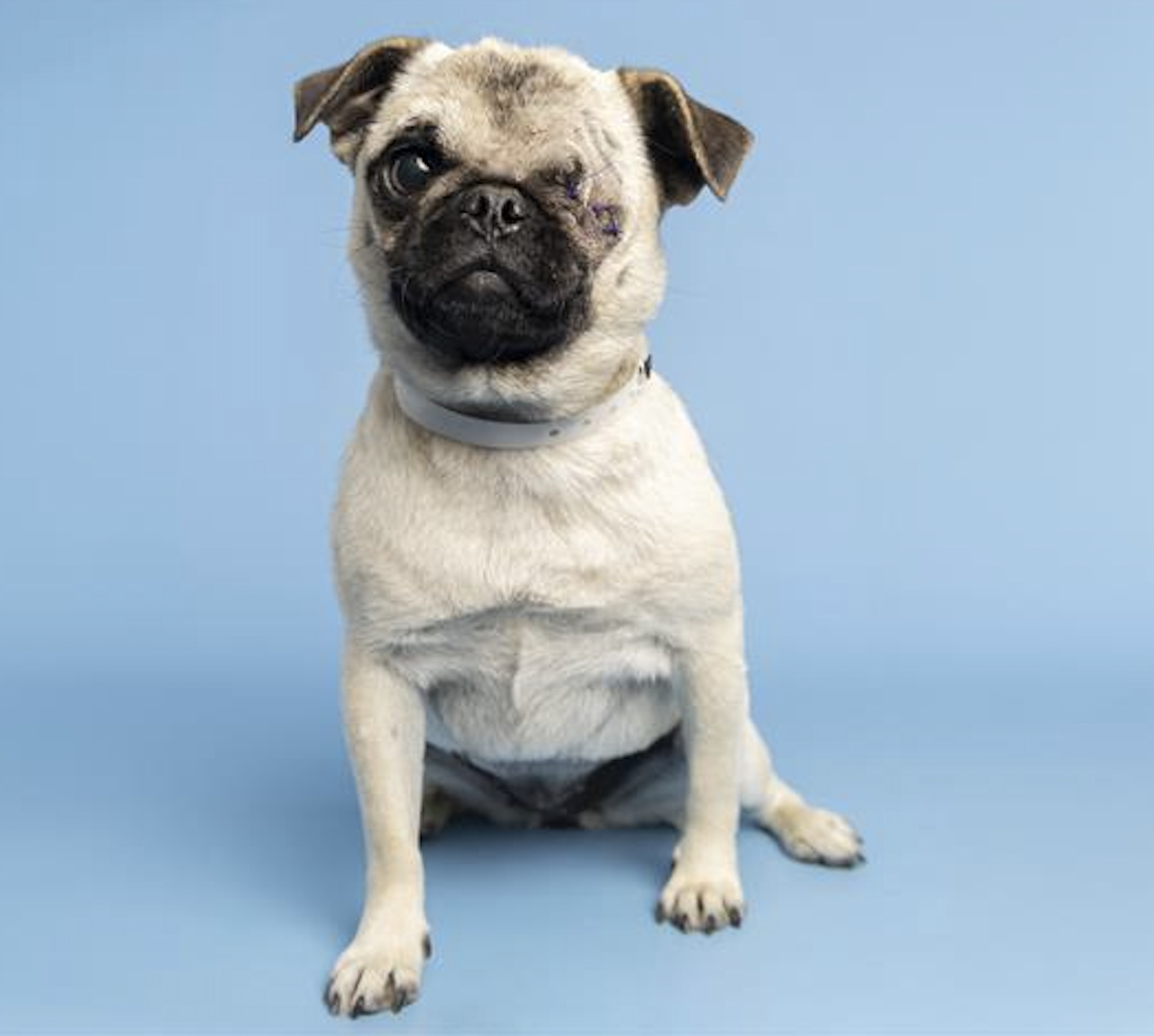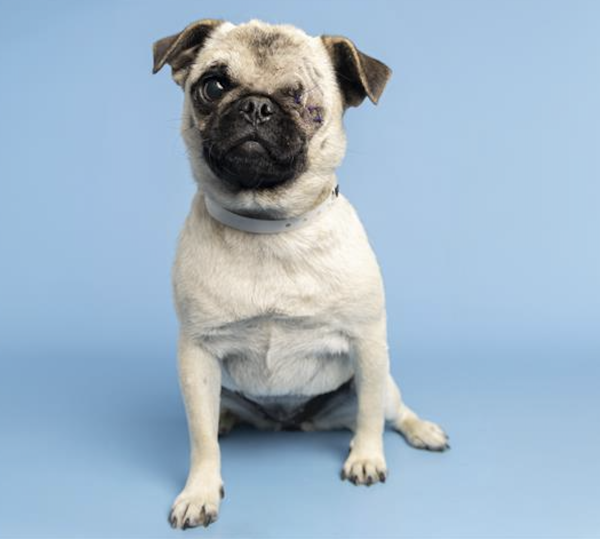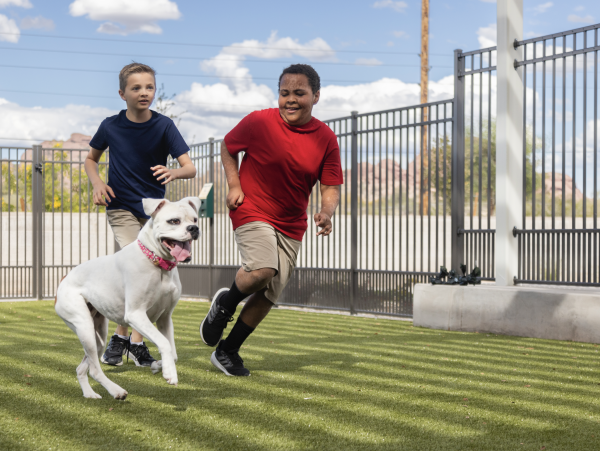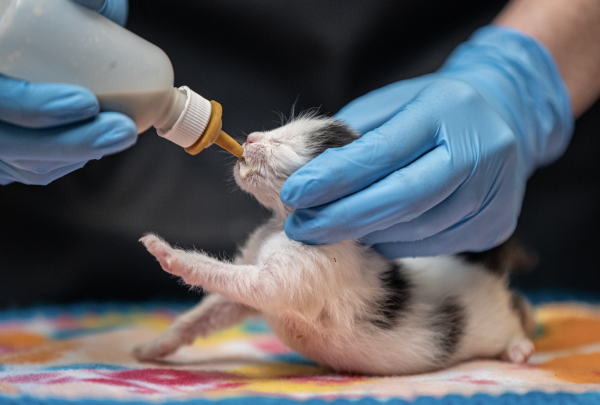KID REPORTERS’ NOTEBOOK
The Arizona Humane Society Opens a New Campus


Colonel Cabbage, a three-year-old pug, underwent eye surgery at the Arizona Humane Society in March.
In March, a stray pug had a serious eye injury. “Colonel Cabbage” was quickly rescued by first responders from the Arizona Humane Society (AHS). After being transferred to the nonprofit’s trauma hospital, the three-year-old pug underwent eye surgery. Since then, she has recovered and is up for adoption.
The AHS is a no-kill animal shelter that houses homeless pets, including dogs and cats. Located in the Phoenix area, the organization provides several servicdes, including an intensive care unit for animals, kitten and puppy nurseries, outdoor play areas, and more.
“We offer comprehensive medical and behavioral care, unlike any other shelter in the United States,” Kelsey Dickerson, media relations specialist for the AHS, told me in a recent interview via video.
Each year, the organization cares for about 22,000 vulnerable animals. A new campus is enabling room for more animals and more resources. After seven years of construction, the campus opened on March 6. Located near Papago Park in Phoenix, the $46 million facility is funded entirely by donors.
“We’re super grateful to the community and our donors and partners who have allowed us to make this dream a reality,” Dickerson said.

The AHS’s new Rob and Melani Walton Papago Park Campus features outdoor play areas.
INSIDE THE NEW FACILITY
Innovative technology makes the campus unique. An estimated four out of five animals that come to AHS will receive life-saving treatment at the trauma hospital, according to Dickerson. Separate ventilation systems and increased outdoor access will help ensure that Arizona’s homeless pets and strays get the best possible care.
The new facility is also environmentally friendly. The roof of the Papago Park campus has 1,055 solar panels, which will account for about three-fourths of the electricity used.
The AHS offers several ways to for residents get involved, from volunteering to youth camps to fostering an animal. Dickerson is hopeful that the group's efforts will provide inspiration nationwide. “This new campus,” she said, “is going to change the game for animal welfare throughout the country.”

A baby kitten at the AHS is fed milk.
